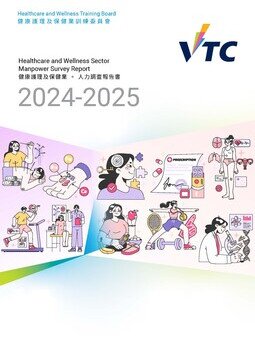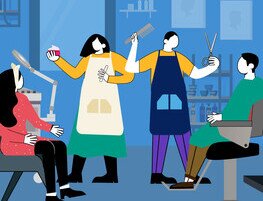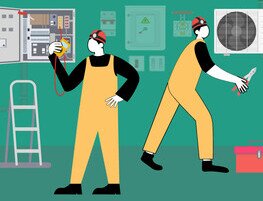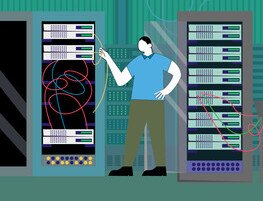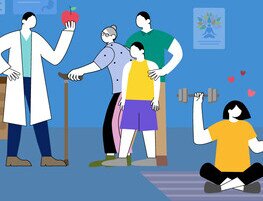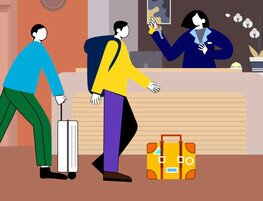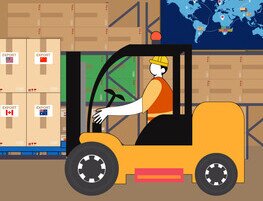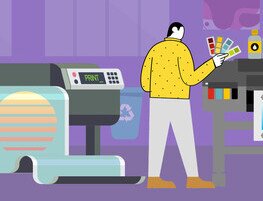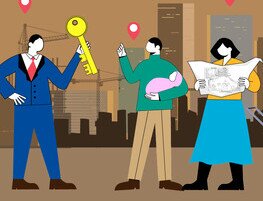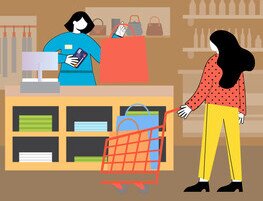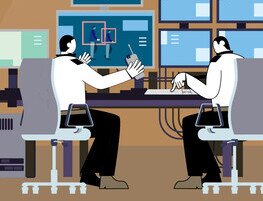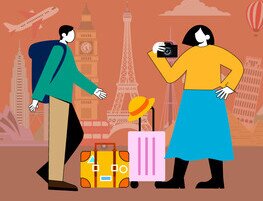Business Outlook
Challenges
In the third quarter of 2024, Hong Kong's Real Gross Domestic Product decreased by 1.1%. Private consumption expenditure continued to decline by 1.3% in the same period amid the change in consumption patterns of residents.
The Mainland continues to be the largest market for Hong Kong visitors in 2024. In recent years, Mainland visitors to Hong Kong have been predominantly young people, unlike previous travel preferences, they love participating in in-depth exploration and diverse experiences. Currency fluctuations (between the Hong Kong Dollar and Renminbi) and mutual visa waivers for inbound travel between the Mainland government and Southeast Asian countries are also crucial in influencing their choices to visit Hong Kong.
In recent years, the Mainland has introduced various measures to facilitate Hong Kong residents' travel to the Mainland cities, making it a norm. Its e-commerce platforms have also launched several promotions with free shipping to Hong Kong recently, making consumers more willing to try and use its e-commerce platforms for online shopping. Additionally, Mainland brands have become increasingly popular among Hong Kong consumers in recent years. For instance, a variety of cosmetic products with competitive prices have attracted more Hong Kong consumers to make purchases. With the increasing trend of Hong Kong residents traveling to the Mainland, more international brands are entering the Mainland market. To attract consumer attention, local retailers need to engage in more intense price competition, thereby affecting their retail profits.
After the pandemic, the industry aims for a prompt resurgence, resulting in a significant increase in demand for beauticians and related practitioners. For example, to attract talent, there is intensified manpower competition within the beauty care industry, such as a substantial increase of the salary and its remuneration benefits for beauticians.
The concept of "co-working space" is gaining popularity in the beauty care and hairdressing industries, this aligns with the career and work preferences of the younger generation (millennials) (e.g., as "slashers"). They put high emphasis on work-life balance, are less inclined to work at fixed times and locations, and resist working long hours. Taking the beauty care industry as an example, young employees tend to seek the positions (as ‘therapists’ that primarily operate the beauty equipment) in medical aesthetic centres as the process flow of beauty treatments provided by traditional beauty salons is relatively complex and physically demanding.
Opportunities
As consumer habits have evolved, there is an increasing demand for online shopping. The beauty care and hairdressing industries need to leverage social media platforms to further promote and sell beauty and hairdressing products and services. It is also considered collaborating with influencers and key opinion leaders (KOLs) that can provide a convenient online shopping experience. With the government's further expansion of the "Digital Transformation Support Pilot Programme" to cover the tourism and personal services sectors, it is believed that it can help the industries in their digital transformation.
In recent years, consumers have increasingly paid more attention to the ingredients and formulations of beauty and hairdressing products. Some of them are particularly concerned with both physical and mental health, seeking organic and natural products. Moreover, consumers are also showing a growing interest in environmentally friendly and sustainable products, prompting brands to adjust strategies by introducing more products aligned with sustainability to meet consumer demands.
To further support and enhance the local business environment, the Policy Address 2024 has introduced a series of measures, including the re-launch the “principal moratorium arrangement”; injecting $1 billion into "BUD Special Fund" and revitalising Hong Kong's tourism industry, developing mega-event tourism economy, and strengthening traditional tourism attractions. Starting from December 2024, with the resumption of the "multiple-entry individual visit scheme" for Shenzhen permanent residents to visit Hong Kong by the Central Government, this move is expected to stimulate tourism, food and beverage, retail industries, inject new vitality, and also help improve the sustainable development of the beauty care and hairdressing industries.
In the post-pandemic era, the concept of "co-working spaces" has attracted more beauty care or hairdressing practitioners to become freelancers/self-employed individuals) to rent such spaces. This allows them to start businesses at lower costs, manage work schedules flexibly, and have more adaptable working hours. In addition to possessing relevant trade-specific skills, practitioners also need to acquire video shooting skills and utilise social media to promote their works to attract more clients. However, the industries question whether the professional standards of the services provided in the "co-working spaces" and the related skills level of these practitioners have met recognised standards. Given the insufficient regulation of such an operating model at the present moment, the industries state that the protection of customers while receiving beauty care or hairdressing services in this environment is relatively low.





